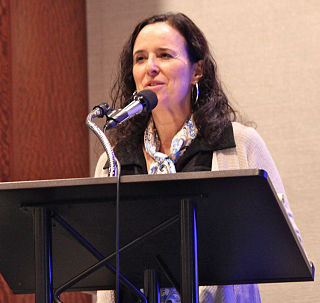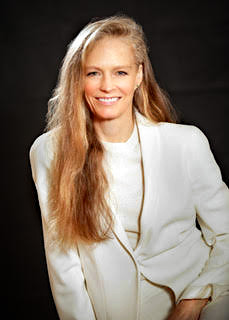A Quote by Katie Hafner
In 1981, while doing postdoctoral field work in cultural anthropology, Bonnie A. Nardi lived with villagers in Western Samoa, trying to understand the cultural reasons that people there have an average of eight children.
Related Quotes
The family is both a biological and a cultural group. It is biologic in sense that it is the best arrangement for begetting children and protecting them while they are dependent. It is a cultural group because it brings into intimate association persons of different age and sex who renew and reshape the folkways of the society into which they are born. The household serves as a "cultural workshop" for the transmission of old traditions and for the creation of new social values.
We saw, then, journalists and researchers being arrested. And so this is sort of the latest expansion they say - cultural targets where young people gather, where they exchange cultural and political ideas. So that may be one of the reasons, although the government hasn't made any public comments on these raids.
In anthropology, which historically exists to 'give voice' to others, there is no greater taboo than self-revelation. The impetus of our discipline, with its roots in Western fantasies about barbaric others, has been to focus primarily on 'cultural' rather than 'individual' realities. The irony is that anthropology has always been rooted in an 'I' - understood as having a complex psychology and history - observing a 'we' that, until recently, was viewed as plural, ahistorical, and nonindividuated.
Today the average inhabitant of the western hemisphere knows a little of everything. He has the newspaper on his breakfast table and wireless within reach. For the evening there is the film, cards, or a meeting to complete a day spent in the office or factory where nothing that is essential has been learnt. With slight variation this picture of a low cultural average holds good over the entire range from factory-hand of clerk to manager or director. Only the personal will to culture, in whatever field and however pursued raises modern man above this level.
I'm always trying to ask myself both "Who am I as an individual?" and "What are the cultural forces that have made me the person that I am?" How can I understand myself as a cultural creature as well as an individual? I'm really obsessed with that question, and always asking my students to consider it.
Margaret Mead was both a student of civilization and an exemplar of it. To a public of millions, she brought the central insight of cultural anthropology: that varying cultural patterns express an underlying human unity. She mastered her discipline, but she also transcended it. Intrepid, independent, plain spoken, fearless, she remains a model for the young and a teacher from whom all may learn.
I so often heard from women that they saw this beautiful fashion, but it didn't always work for them - whether it was cultural reasons, lifestyle reasons, body type reasons. So it seemed like in my mind there was a gap there, that women really wanted to be able to customize items to fit their needs and their tastes.
The idea of cultural relativism is nothing but an excuse to violate human rights. Human rights is the fruit of various civilizations. I know of no civilization that tolerates or justifies violence, terrorism, or injustice. There is no civilization that justifies the killing of innocent people. Those who are invoking cultural relativism are really using that as an excuse for violating human rights and to put a cultural mask on the face of what they're doing.

































